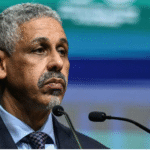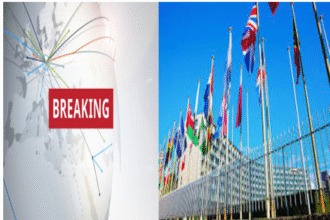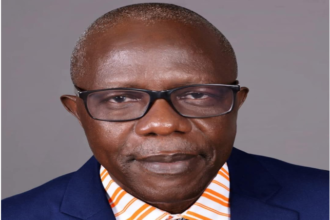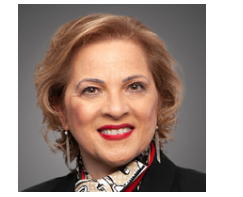By Abu Hassan
Abuja, Nigeria – Marking the end of his second year in office, President Bola Ahmed Tinubu addressed the nation, declaring that Nigeria is on a path to recovery after a period of painful but necessary economic reforms. He acknowledged the hardships experienced by Nigerians following the removal of the long-standing fuel subsidy but assured citizens that the “worst is behind them” and the country is “getting better.”
In a speech delivered to the nation, Tinubu stated, “Today, I proudly affirm that our economic reforms are working. We are on course to building a greater, more economically stable nation.” The president took office in May 2023, immediately announcing the end of the fuel subsidy, a move that triggered a sharp rise in prices and a significant strain on household budgets.
While acknowledging the pain caused by the reforms, Tinubu insisted that the move was crucial to prevent the subsidy from continuing its “chokehold on our nation’s neck, strangling our nation’s future” and fueling corruption. He emphasized that he did not take the patience of Nigerians for granted.
Despite the ongoing challenges, the president highlighted positive indicators. “Despite the bump in the cost of living, we have made undeniable progress. Inflation has begun to ease, with rice prices and other staples declining.” While official figures show inflation at 24% last month, this is a decrease from 34% a year ago, though it remains higher than the 22% rate when Tinubu assumed office. A fall in the rate of inflation does not mean that prices are falling – just that they are rising at a slower rate than before.
Economically, the World Bank predicts Nigeria’s total output, or GDP, will grow by 4% this year, a faster rate than the 3% when Tinubu took over. However, unemployment remains a pressing issue, leaving many graduates struggling to find employment.
The President’s “Renewed Hope Agenda,” launched after his inauguration, pledged to address economic instability, improve security nationwide, reduce corruption, reform governance, and lift Nigerians out of poverty.
The President’s address comes amidst criticism and skepticism. The People’s Democratic Party (PDP), the main opposition party, issued a statement describing Tinubu’s two years in office as a “massive disappointment” and accusing him of failing Nigerians.
Public affairs analyst Professor Adeosun Olufemi, speaking to the BBC, acknowledged positive gains in certain areas. However, he also placed blame on the governors of Nigeria’s 36 states, questioning how they have utilized the increased funds allocated to them following the fuel subsidy removal. “After the president announced fuel subsidy removal, money allocated to state governors increased heavily but what have they done with it?” he asked.
Tinubu, who won a closely contested 2023 election with 37% of the vote, is expected to seek a second term in 2027. Speculation is rife that major political parties may form a coalition to challenge him in the next election.









